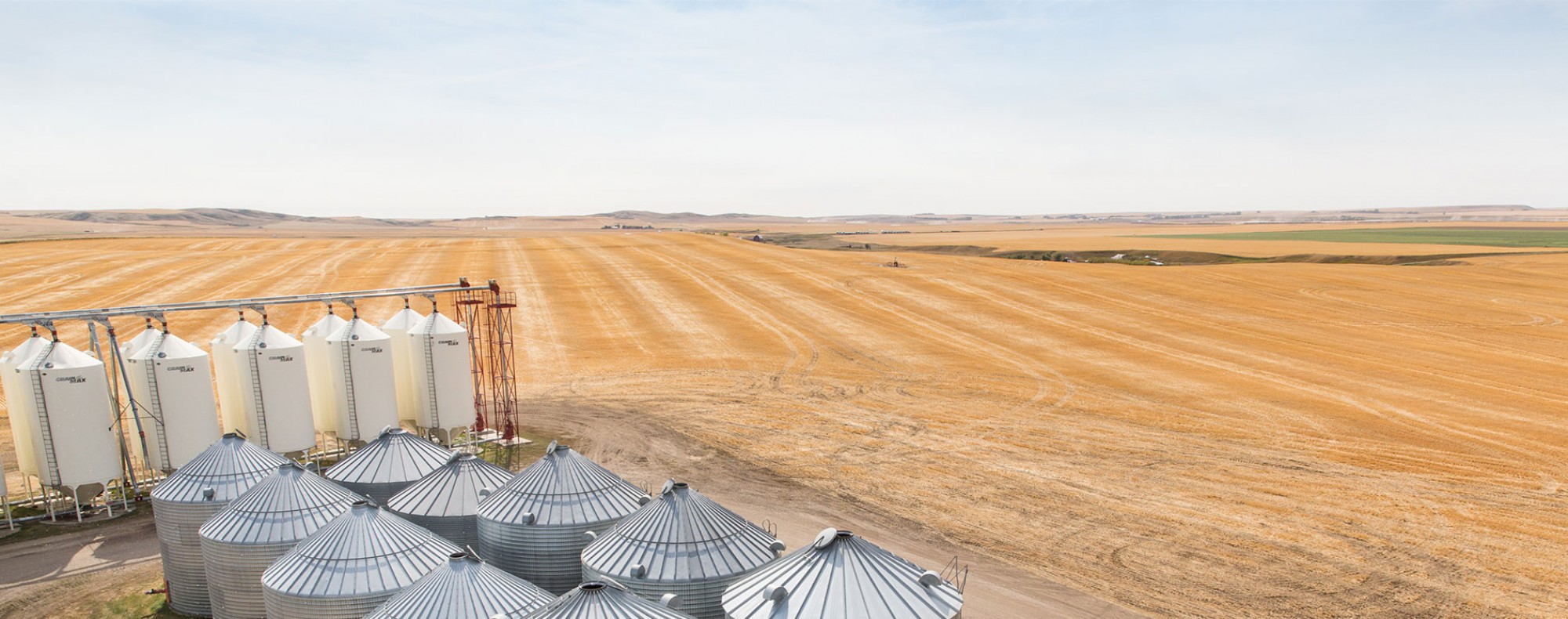Identification and development of barley Germplasm and varieties with resistance to multiple diseases
This Barley Research Cluster project was funded by Alberta Barley in collaboration with the Atlantic Grains Council, the Brewing and Malting Barley Research Institute, Rahr Malting and the Western Grains Research Foundation via the AgriInnovation Program.
Project
lead:
Dr. T.
Kelly Turkington, Research
Scientist, Agriculture and Agri-Food Canada
Start Date: April 2013
End Date: March 2018
Alberta
Barley‘s contribution: $51,636
Total funding from other partners: $344,393
Benefits
for farmers:
The project will provide barley farmers with the technology and ability to
manage risk in the form of leaf, root and head diseases and their negative
impact on yield and quality, as well as improve acceptability for malt status
or as quality feed. This will mean increased profits while ensuring a more
consistent supply of high-quality malting, feed and silage barley for domestic
and international markets. In the long term, disease resistance reduces
reliance on agrichemicals, which benefits the environment and helps to maintain
a healthy and nutritious food supply, while decreasing production costs for
farmers.
Disease resistance doesn’t represent a significant added cost for producers, is environmentally friendly and very easy for producers to incorporate into their disease and crop management programs.
Summary:
The project aims to identify barley germplasm, breeding lines and varieties
with resistance to a range of foliar, root and head diseases. Identification of
resistance will be essential to facilitate the development of adapted
germplasm, breeding lines and varieties with resistance to multiple diseases.
